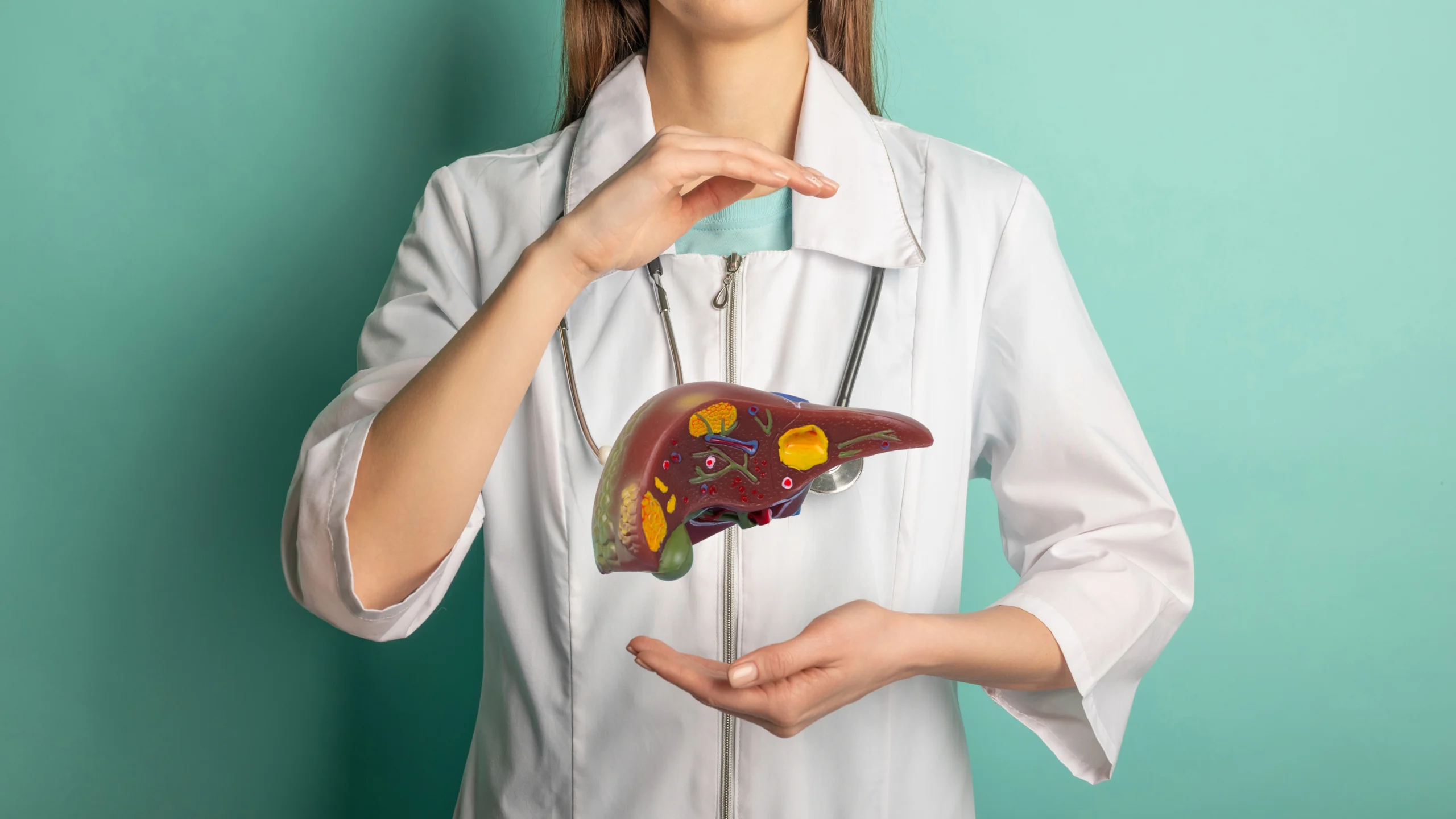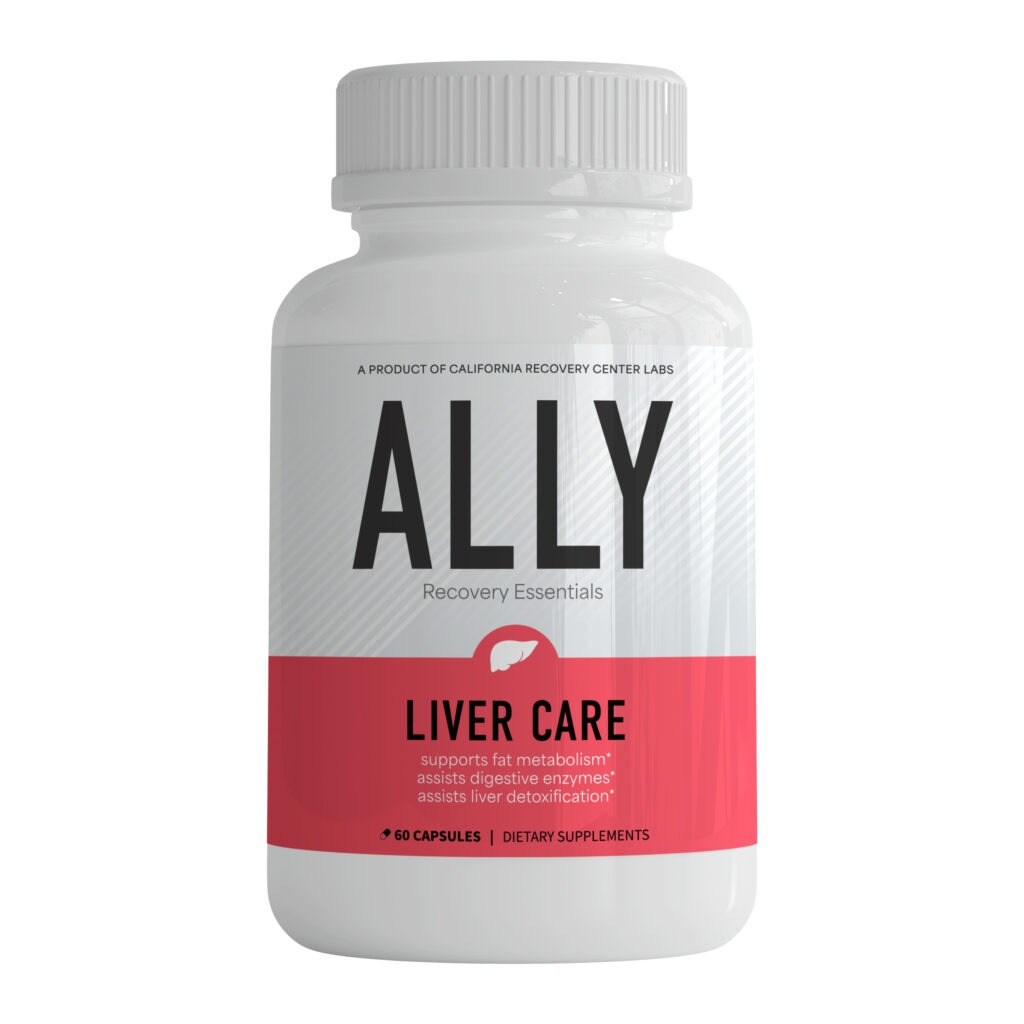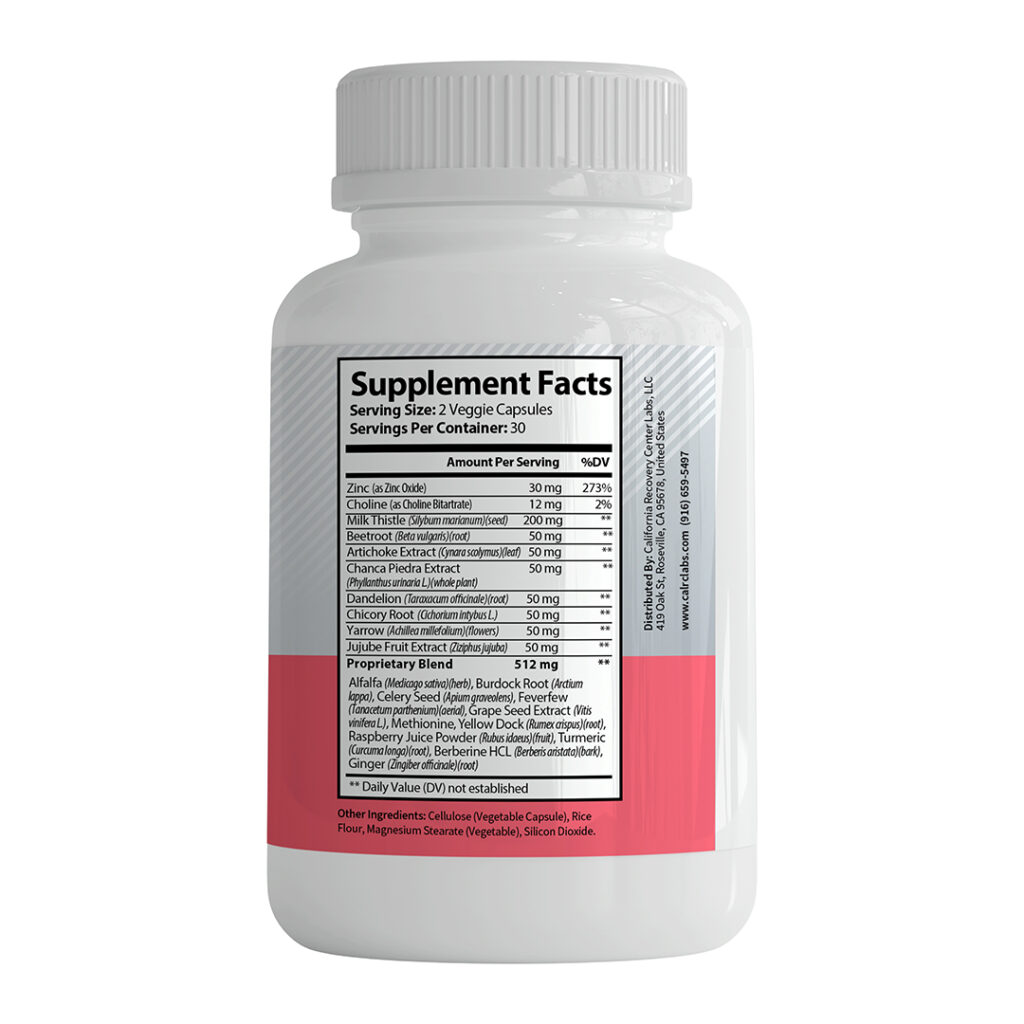In the United States, about 80-100 million adults suffer from fatty liver disease, but only 1.4 million have been diagnosed properly. Fatty liver, caused by too much fat in the liver, is considered a “silent” disease since it may manifest minimal or no symptoms. However, it can lead to serious health problems. Making changes to your lifestyle, including fatty liver diet, is the secret to preventing this condition and increasing liver function.
Living with a Fatty Liver
Before we move on to the tips, it is important to understand the two types of fatty liver. The first type is alcoholic fatty liver disease (AFLD) which is less common, affecting only about five percent of people living in the US. The second type is non-alcoholic fatty liver disease (NAFLD) which affects one in three adults. The exact causes of NAFLD remain unknown, but researchers believe that obesity and diabetes increase the risk of disease. NAFLD may become serious and result in liver inflammation called nonalcoholic steatohepatitis (NASH).
The Fatty Liver Diet Tips
- Choose a balanced diet. The Mediterranean diet is great for fatty liver. It highlights eating fruits, vegetables, whole grains, beans, nuts, and legumes; fish and seafood at least a few times a week; and poultry, eggs, and cheese in moderation.
- Go for healthy fats. Swapping out saturated sources (like butter, fatty cuts of meats, and sausages) for unsaturated fat sources (like olive oil, fatty fish, and avocados) is recommended.
- Reduce added sugars and processed foods. Limit consumption of sugary drinks, pre-packaged snacks, and processed foods. Instead, opt for whole, unprocessed foods, and unsweetened beverages.
- Watch your portion sizes. Being mindful of portion sizes can prevent overeating. Practicing the plate method may be useful. Half your plate should be allotted to fruits and vegetables, slightly more than a quarter of it with whole grains, and the remaining portion with lean protein.
- Stay hydrated. Hydration supports liver function and helps in the elimination of toxins from the body. Increasing water intake, consuming hydrating foods, and limiting alcohol consumption are some tips to stay hydrated.
- Take supplements as necessary. Certain compounds and ingredients act as antioxidants and help protect liver cells from damage. Look for milk thistle supplements as this can be beneficial in reducing inflammation from fatty liver disease (NAFLD).
Lifestyle Changes for Liver Health
- Maintain a healthy weight. Maintaining weight loss that is reasonable and consistent is the key. The goal is to lose fat and gain muscle mass to achieve significant benefits in the body.
- Exercise regularly. Regular physical activity has positive effects on liver health. A combination of aerobic exercises and strength training helps in managing your weight and increasing liver function.
- Get sufficient sleep. Having poor sleeping patterns may lead to insulin resistance and a decrease in liver function. A deep and quality sleep, aiming for at least 7–9 hours of sleep at night, is recommended.
- Manage stress. Stress management is important in a comprehensive approach to a fatty liver diet. Incorporate stress-reducing activities like yoga, meditation, deep breathing, or art and creative hobbies into your routine to complement dietary changes.
Seeking Guidance from Health Professionals
Before making changes in your diet and lifestyle, seek guidance from healthcare professionals first to find out about existing health issues. Working with a dietitian may prove to be essential in crafting a more personalized plan specifically tailored to your needs.
There is no one-size-fits-all approach in managing fatty liver to improve liver function. Managing fatty liver may be challenging, but consistency and commitment are keys to yield significant results. Taking on this journey with a positive outlook, partnered with behavior modification and goal setting will lead you to a healthier life. And it starts today!



